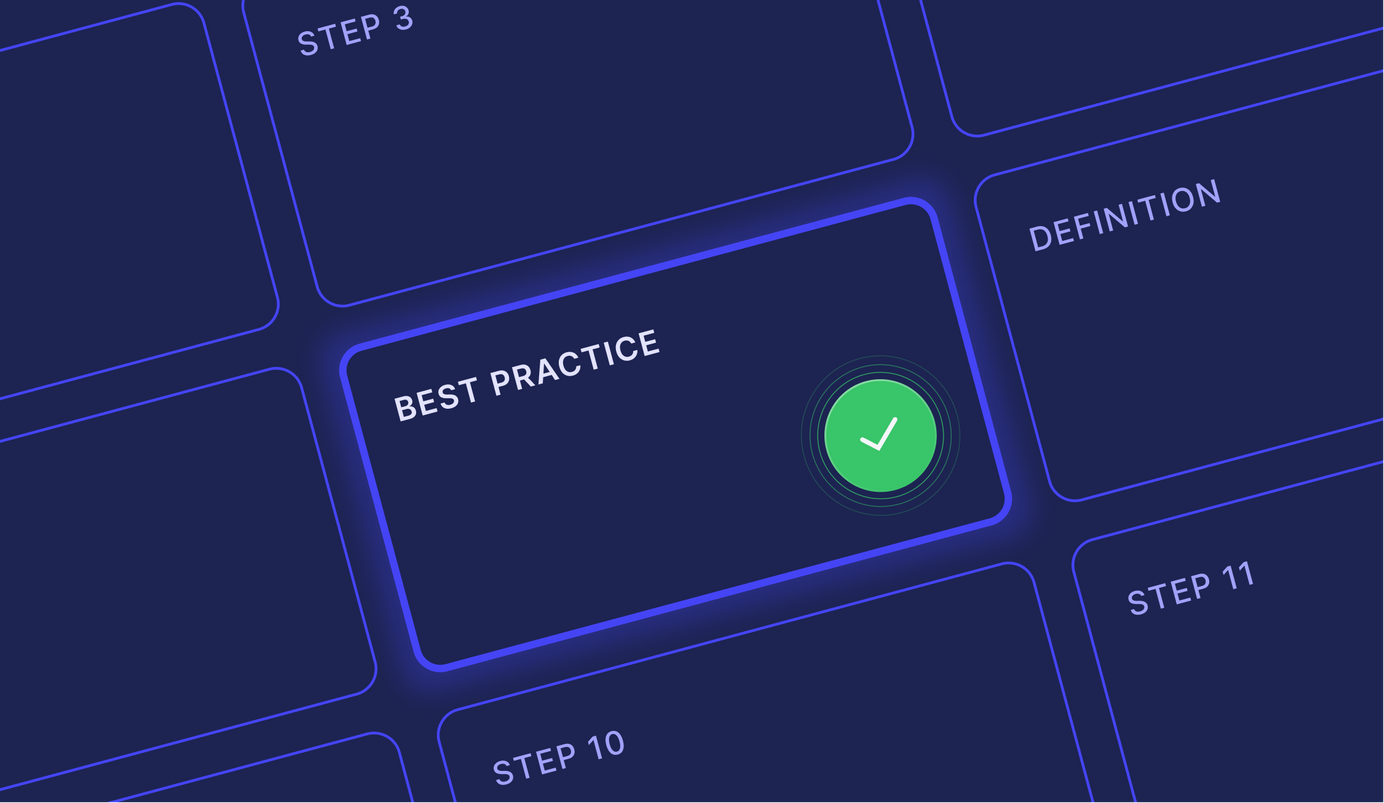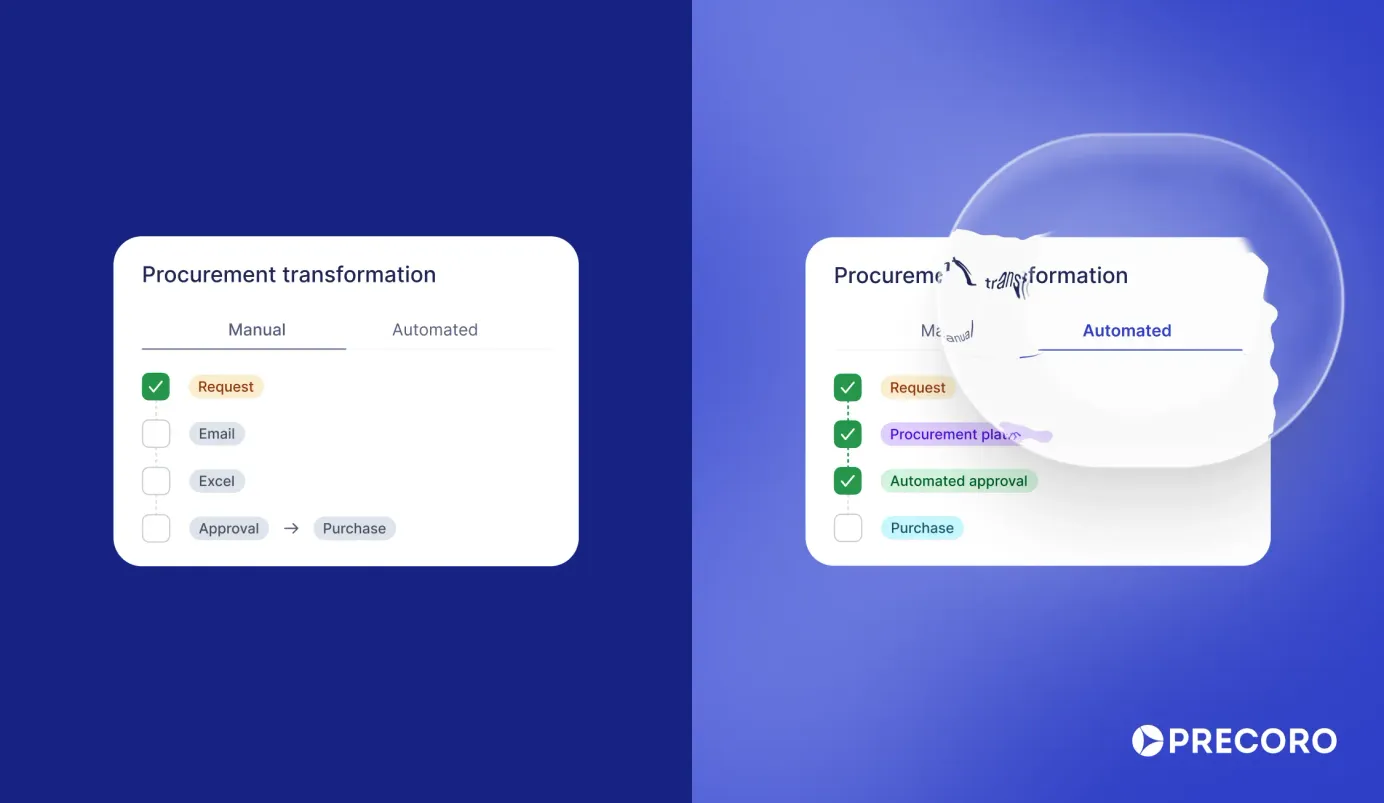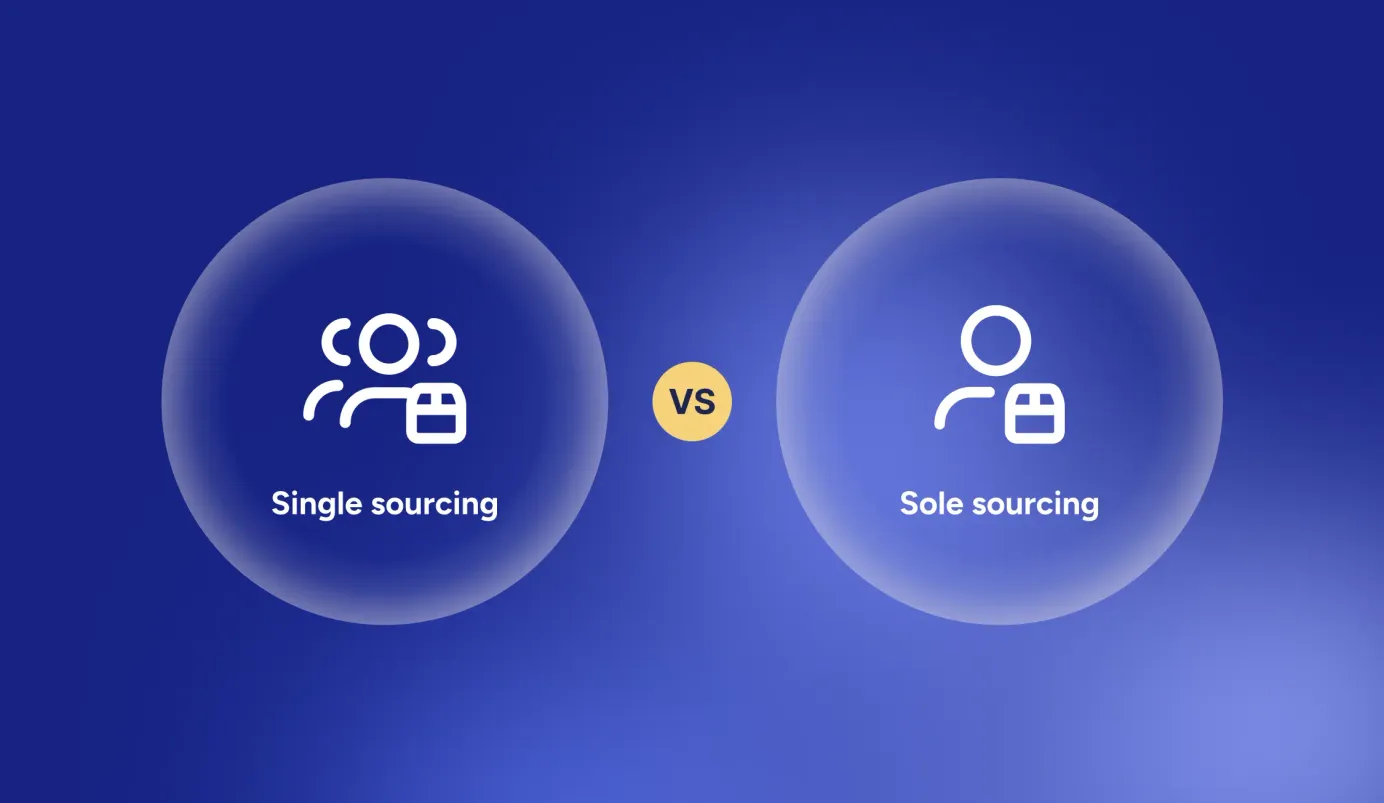
2 min read
How to Create a Procurement Game Plan
Every organization has different procurement needs, which means that there is no one-size-fits-all solution when it comes to procurement. However, there are some best practices that all organizations can follow to ensure that their procurement process is as efficient and effective as possible.
In this blog post, we'll outline a few of those best practices so that you can develop a procurement game plan that works for your organization.
1. Define Your Objectives
The first step in any successful procurement process is to define your objectives. What are you trying to achieve with your procurement? Are you looking to improve quality, reduce costs, or both? Once you have a clear understanding of your objectives, you can develop a plan to achieve them.
2. Know Your Spend Categories
The next step is to understand your organization's spend categories. This information will help you determine where to focus your efforts in order to achieve the greatest impact. For example, if you're looking to reduce costs, you may want to target spend categories that represent a large percentage of your overall budget.
3. Develop Supplier Relationships
Successful procurement depends on strong supplier relationships. You need to work with suppliers who are responsive and able to meet your organization's needs. To develop these relationships, start by identifying potential suppliers and then reach out to them to learn more about their products and services.
Once you've established a relationship with a supplier, be sure to nurture it by maintaining regular communication and providing feedback on their performance.
4. Implement Effective Contracts
Once you've selected a supplier, it's time to formalize the relationship with a contract. An effective contract should clearly spell out the terms of the agreement and the expectations for both parties.
Be sure to review the contract carefully before signing it so that you understand all of the terms and conditions. If necessary, consult with legal counsel to ensure that the contract protects your interests.
5. Manage Your Contracts Effectively
Once a contract is in place, it's important to manage it effectively in order to get the most value from it. Monitor the contract regularly to ensure that both parties are meeting their obligations and that the terms of the agreement are being met.
If there are any problems with the contract or either party's performance, take action immediately to resolve the issue. Remember, an effective procurement process requires ongoing effort and attention in order to be successful.
Conclusion:
Developing an effective procurement process is vital for any organization that wants to stay competitive. By following the best practices outlined in this blog post, you can create a procurement game plan that works for your organization and helps you achieve your desired results.









